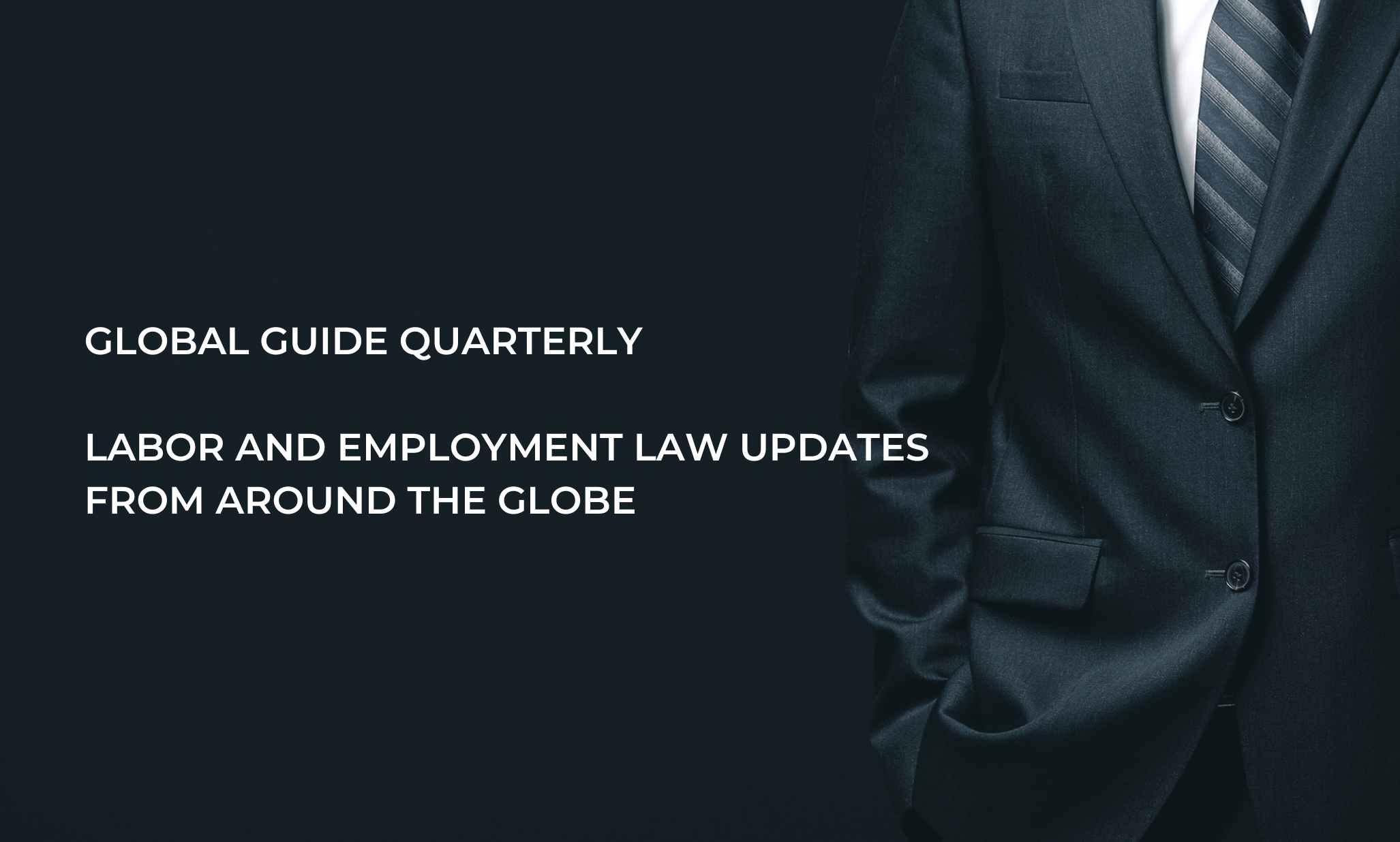

By Syahdan Z. Aziz and Michael Amos Djohan
On January 6, 2020, the Indonesian Constitutional Court issued Decision No. 18/PUU-XVII/2019, declaring that Articles 15(2) and 15(3) of Law No. 42 of 1999 on Fiduciary Security (the \"Fiduciary Security Law”) are partially unconstitutional. The court was ruling on a lawsuit arguing that it was a violation of constitutional rights for a fiduciary security certificate to have the same power as an executorial court decision.
The Fiduciary Security Law defines fiduciary security as a security right over moveable property (tangible or intangible) or immovable property, in particular buildings which cannot be encumbered under the provisions of Law No. 4 of 1996 regarding Mortgage (Hak Tanggungan) over Land and Property Related Thereto, as security for repayment of certain debts, which security gives a preference to the fiduciary security recipient over other creditors.
Fiduciary Security Execution Prior to Constitutional Court Ruling
Article 15(2) of the Fiduciary Security Law provided that a fiduciary security certificate had the same executorial powers as a final and binding court decision. And Article 15(3) stated that a breach of contract gave the receiver of the fiduciary security the right to sell the object under fiduciary on the receiver\'s own behalf, through a mechanism called parate executie.
Fiduciary Security Execution After Constitutional Court Ruling
Judge Suhartoyo, in explaining the Constitutional Court ruling, said Articles 15(2) and 15(3) of the Fiduciary Security Law were prone to abuse and that human rights could potentially be contravened in the execution of a fiduciary security in violation of the rights of the debtors.
As such, the Constitutional Court partially granted the plaintiffs’ request and rendered the phrases \"executorial powers” and \"equal to a court decision” in Article 15(2) of the Fiduciary Security Law as partially unconstitutional. The phrases were interpreted whereby when a fiduciary security has no agreement concerning defaults and the debtor objects to the execution of the fiduciary security, all mechanisms and procedures in executing the fiduciary security must be equal to the execution of a final and binding court ruling.
Similarly, the term \"loan default” in Article 15(3) was declared unconstitutional by the Constitutional Court and subsequently reinterpreted to mean that loan defaults cannot be unilaterally determined by the creditor without the consent of the debtor but must be jointly agreed by the debtor and creditor.
Conclusion
What this Constitutional Court decision means is that if the debtor acknowledges a loan default and volunteers to sell the object under fiduciary agreed by them, the creditor has full authority to execute the fiduciary security without a court ruling. However, if the debtor refuses to acknowledge the loan default in a fiduciary agreement, the creditor cannot unilaterally execute the fiduciary security. Rather, the creditor must obtain a court order from the district court with jurisdiction to sell the object under fiduciary security from the debtor.
While this decision has major implications for creditors, it is still unclear how the ruling will be implemented in practice.
This publication is intended for informational purposes only and does not constitute legal advice. Any reliance on the material contained herein is at the user\'s own risk. You should contact a lawyer in your jurisdiction if you require legal advice. All SSEK publications are copyrighted and may not be reproduced without the express written consent of SSEK.









